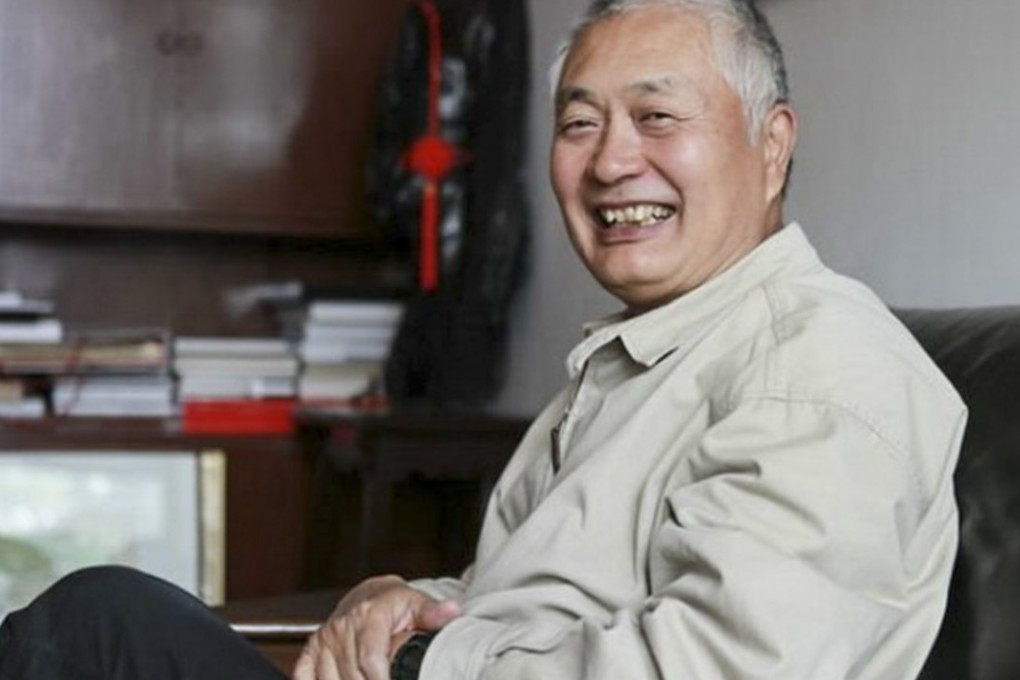Chinese princeling and Anbang ‘adviser’ Chen Xiaolu dies at 71
Former Red Guard publicly apologised for the torture and persecution of his teachers during the Cultural Revolution

Chen Xiaolu, a prominent Chinese princeling who expressed remorse and apologised for his role in the Cultural Revolution, died on Wednesday at the age of 71.
Chen, youngest son of Marshal Chen Yi who helped found communist China, died after a heart attack in hospital on the southern island of Hainan, mainland media reported, citing family members.
Outside China, he attracted media attention mostly for his ties to Anbang, the troubled Chinese insurer which at the height of its global expansion bought New York’s landmark Waldorf Astoria Hotel.
Chen was listed as one of its early directors on company registry records, when it was a modest car insurance firm. In a statement on social media in early 2015, he said he was an “adviser” to the company and held no shares.